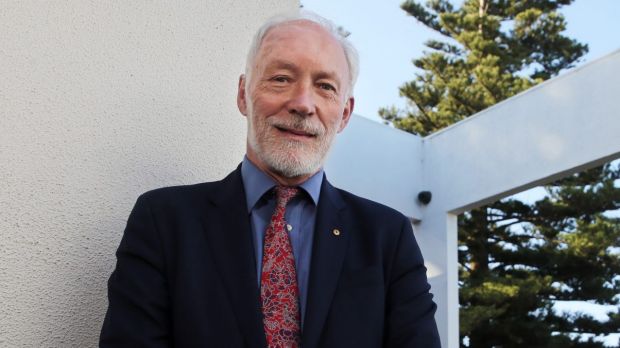People born overseas who speak a language other than English at home were far less likely to use mental health services, new data reveals, shining a light on what experts regard as a “tremendous challenge”.
For the first time, the Australian Bureau of Statistics has mapped the use of subsidised mental health services against users’ cultural backgrounds.
A personal essay documentary about growing up with mental illness in the family, about a confusing and destructive mother/daughter relationship and about repressed grief and family secrets.
It found just 6 per cent of people aged 15 to 54 who were born overseas and do not speak English at home used one or more mental health services in 2011. That compared to 10.9 per cent of people born in Australia who speak English at home, 9.4 per cent of people born in Australia who do not speak English at home and 9.3 per cent of those born overseas who speak English at home.
That difference collapsed after about 54 years of age, when people’s use of mental health services is generally in decline.
 Professor Patrick McGorry. Photo: Rob Gunstone
Professor Patrick McGorry. Photo: Rob Gunstone
Experts said the findings were consistent with 20 years of state-based research suggesting migrants and non-English speakers are at a disadvantage when it comes to seeking mental health assistance.
“I think it’s a tremendous challenge,” said Mental Health Australia chief executive Frank Quinlan. “Mental health is broadly a forgotten area of government policy. Culturally and linguistically diverse groups are one of the last groups in that forgotten few.”
It comes as mental health advocate and former Australian of the Year Patrick McGorry prepares to lash both major parties at a National Press Club address on Thursday over what he says is a failure to put mental health on the agenda in this election.
Professor McGorry said there were many reasons migrants and non-English speakers might fall through the cracks, including language barriers, lack of knowledge and engagement and possible cultural stigma around mental health conditions. New arrivals were of particular concern.
“They don’t know their way around the system,” Professor McGorry said. “They might not have very good mental health literacy, or confidence or trust in what we’re offering.”
Governments have attempted to bridge this gap through initiatives such as the federally funded Mental Health in Multicultural Australia program. But concerns remain that good intentions have not translated into tangible outcomes.
“None of those policies are turned into practical or useful action,” said Harry Minas, head of the Global and Cultural Mental Health Unit at the University of Melbourne.

He said a dearth of data on the prevalence of mental disorders among various migrant communities in Australia made it difficult to say for certain if people were under-utilising services.
“There is potentially a big problem. But the details of what the problem actually is … the research hasn’t been funded, it hasn’t been done,” Professor Minas said.
The ABS paper, requested by the National Mental Health Commission, mapped 2011 census data alongside figures from the Medicare Benefits Schedule, under which the government subsidises a range of private mental health services.
People born overseas or who do not speak English at home were also less likely to access mental-health related medications under the PBS, the paper found.
